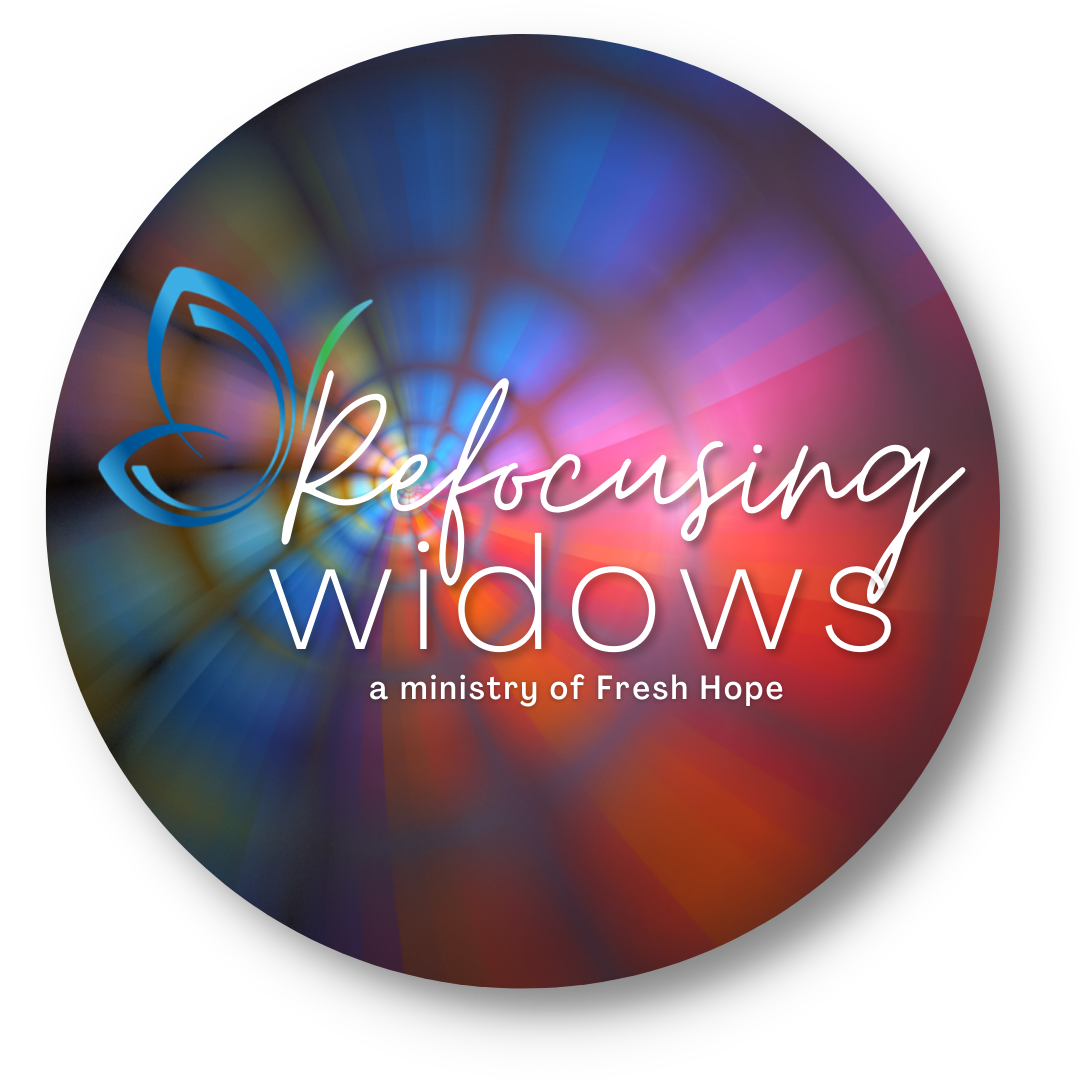I’m Not Sick, I’m Grieving!
Grief is not an illness. Grief is not a mental health issue. There’s no real diagnosis, and there’s certainly no cure! A new widow can’t just walk into the doctor’s office and ask for a prescription to take away her grief. Grief is not an obvious ailment or disability that can be readily diagnosed. No one can look at you and say, “Oh, she has grief!” It’s simply not like the flu or a broken leg.
There is no magic cure for grief, although there are many strategies that can be helpful when you find yourself facing pain and loss. The good news is that while it’s not really a diagnosable condition, there are definitely observable symptoms. And while there is no real cure, there is definitely healing.
Thus far, we have a pretty clear idea of what grief is NOT, but what IS it? Dr. Anet Varghese says the following:
Grief is the anguish experienced after significant loss, usually the death of a beloved person. Grief often includes physiological distress, separation anxiety, confusion, yearning, obsessive dwelling on the past, and apprehension about the future. Intense grief can become life-threatening through disruption of the immune system, self-neglect, and suicidal thoughts.
Intense anguish, distress, confusion, dwelling on the past, worry about the future, self-neglect, maybe even depression. Does any of this sound familiar to you? While grief is not really an illness or a disease, if left unprocessed and buried in your heart, it can definitely lead you to that condition!
That’s why at Refocusing Widows we are so intentional about helping widows catch their breath after this profound loss of a spouse. We provide community that allows women to talk about the feelings and emotions they are experiencing. We normalize things for them and help them find acceptance, a place to share their hearts, and honest relationships that provide care and support when they need it most.
One day I came across a quote that has stayed in my mind:
“Act like a healthy person who happens to be grieving.” – Source Unknown
This is much different than acting like a grieving person who is struggling to be healthy! Many of us have found ourselves in this second role, much to our dismay. At times the grief is so overwhelming that we struggle to simply hold a cohesive thought in our minds, or to make the simplest decisions. There are those days when we feel like it’s exhausting to even make the morning coffee and take the dog out…but we keep trying to be healthy…or at least to LOOK like we’re healthy.
What can we do to move to the first category: healthy people who happen to be grieving? This happens when we change our focus. We switch from looking at everything we’ve lost and all that we no longer have. We get intentional about not dwelling on the past and what life used to be. We begin to focus on what we still have, the little sparks of joy that show up from time to time, and the possibilities that life could still have for us.
There are three strategies that are particularly helpful in moving us from one focus to the other. The first is to build gratitude – intentionally and purposefully, making choices to be grateful. Keeping a gratitude journal can be a wonderful tool to document all those things that we are blessed with every single day of our lives.
The second way to heal is to become a Caregiver – not a co-dependent relationship just for the sake of filling our time. But taking care of someone or something, even a pet or a garden! Having something or someone to care for gives purpose and meaning to life and moves our focus off from our own loss. Who could you be mentoring in a skill or ability that you have in your hand?
The third way to bring healing to your heart and resolution to your grief is to begin to serve others. Statistically, serving has been shown to be the most effective pathway to grief recovery. So, where could you serve? Your church? Your community? Take the time to research volunteer opportunities. They’re everywhere around you. Not only will they help meet needs for others, but they will fill your days with purpose and help you to live abundantly in this season.
In John 21:16 we find this command: “Jesus said, ‘Take care of my sheep.’” To me, this sounds very much like the other question He was asked: “Lord, who is my neighbor?” If we were to pose that question to Him today, His response would be the same. He would be saying, “Look around you, dear one. Everywhere you look there are those who don’t know Me. You carry my love and are Lightbearers into their darkness. Care for My flock; love your neighbor.”
As we move our focus from our loss and confusion onto our blessings and opportunities, we will gradually find that the days are no longer continually pain-filled. The tears may still come at times, but our hearts will heal, and joy will return, and purpose will fill our days.
My challenge to you is to refocus your thinking. Explore the opportunities before you. Find people to love and places to serve, and you will find yourself working alongside the Master! As always, your thoughts and comments are welcome here or you can email me at sheryl@freshhope.us. If you’re looking for a new purpose and a pathway to move ahead, please consider joining one of our Refocusing Widows groups, either in person or online. We look forward to meeting you!


1 Comment
Very helpful article, thank you very much. I’ve been through all this. The best thing It has helped me to help other people in mourning or in dificulte situations in their lives.